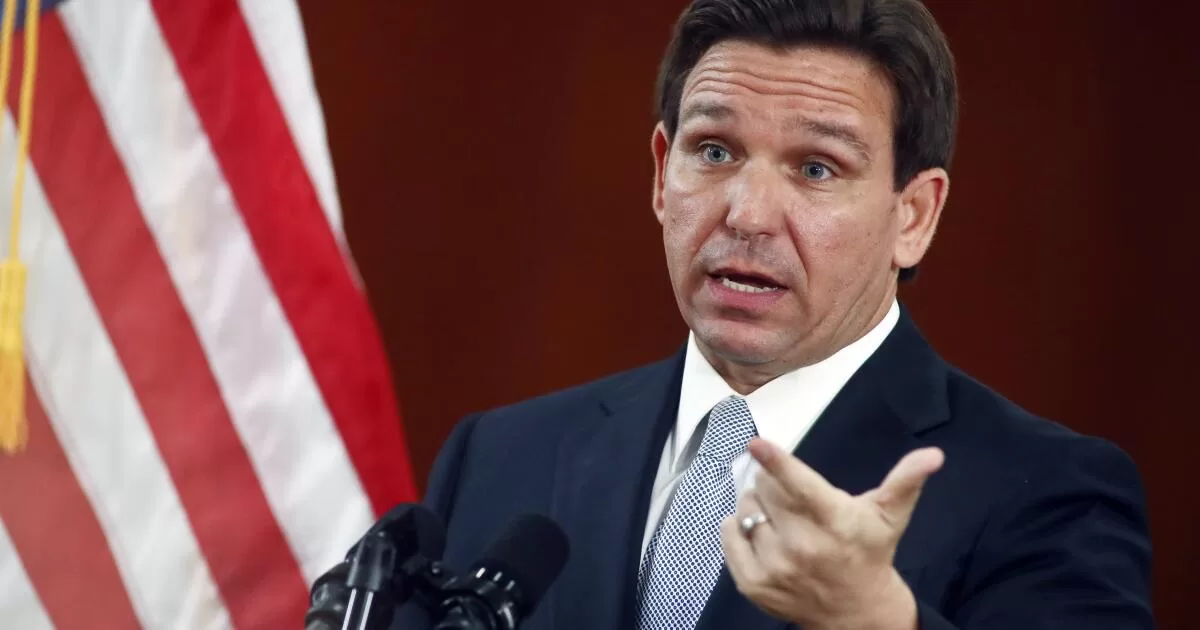The only requirements for a chaplain to participate would be passing a background check and having their name and religious affiliation listed on the school website. The chaplains would “provide support, services, and programs to students as assigned by the district school board,” according to the law that takes effect July 1. The fact that no training is required is one issue cited by critics of the law.
DeSantis emphasized that the program is voluntary. Schools don’t have to have a chaplain, and students don’t have to work with them. Parental permission would be required before they do.
“No one’s being forced to do anything, but to exclude religious groups from campus, that is discrimination,” DeSantis said. “You’re basically saying that God has no place. That’s wrong.”
Supporters say the legislation will provide another resource for children seeking guidance and pointed out that chaplains already serve in other government roles by working with police and serving in the military.
Opponents cite several problems they have with the new Florida law, in addition to the lack of a training requirement for chaplains. They also fear that some students might be ostracized if they are atheist or belong to a non-Christian religion in a Christian majority district.
“When you have a military chaplain, they go through intensive training and they have to be in a position where they can provide information which is factually correct and appropriate to the situation,” said Democratic state Sen. Lori Berman of Palm Beach County.
Without that training, a chaplain could provide psychologically damaging counseling, Berman said. She suggested schools add more social workers, guidance counselors or psychologists if they need them.
“Let’s put the trained professionals in and not some unlicensed, untrained people with a religious affiliation,” Berman said.
Florida is among more than a dozen states that have sought to create school chaplain programs. Texas became the first under a law passed in 2023.
